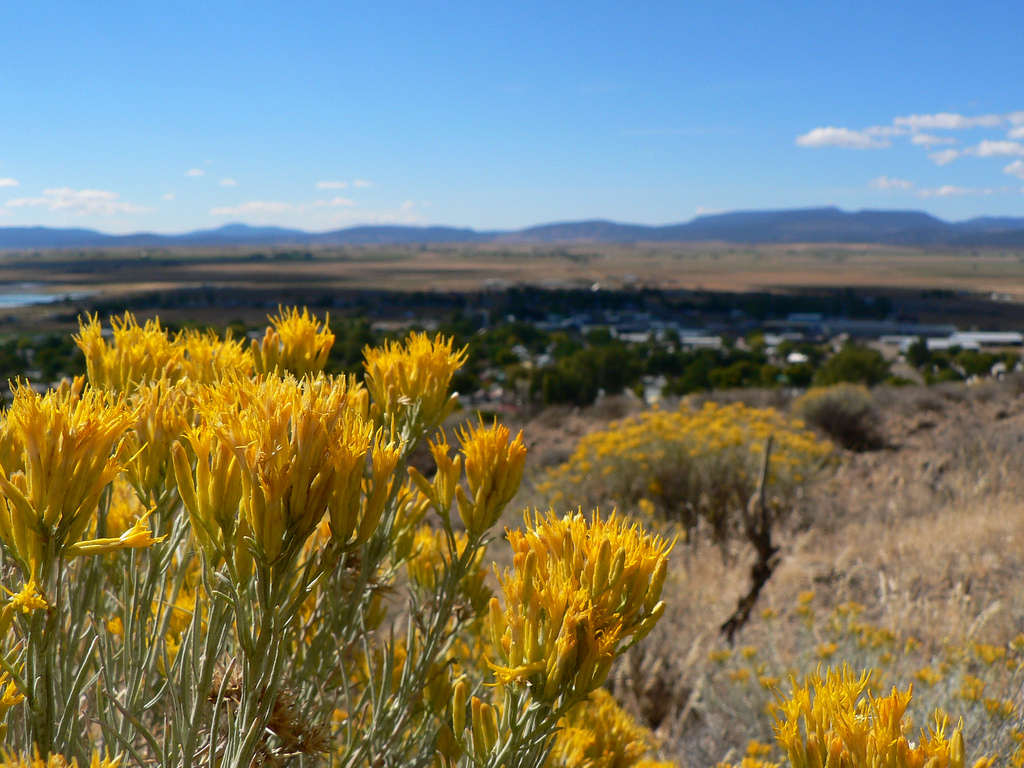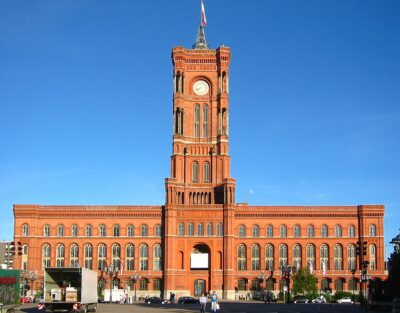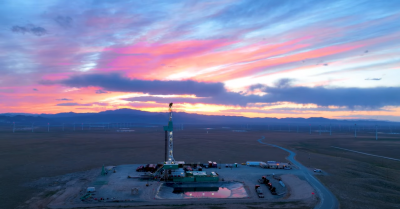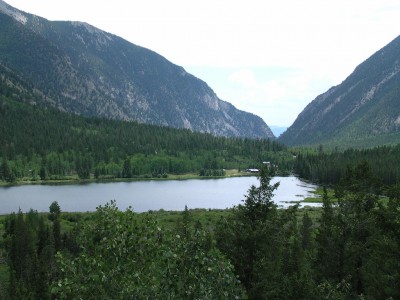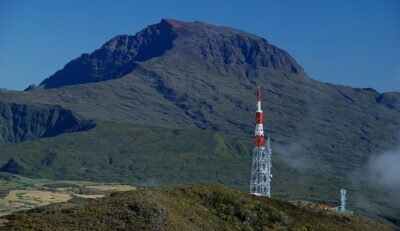Opposition to proposed cuts to local clean energy royalties in U.S.
Many of the counties receiving revenue from geothermal receipts are small, rural counties that are already under a lot of pressure due to budgetary constraints, making geothermal royalties paramount.
Local news inform that U.S. Rep. Mike Thompson (D-CA) on Wednesday led a bipartisan coalition of legislators in calling on President Barack Obama to protect local clean energy royalties – which have helped pay for important public projects in Lake County – from harmful budget cuts.
In a letter to the president, Thompson and the lawmakers expressed their disappointment that geothermal royalty payments to counties were eliminated in the President’s recently released fiscal year 2016 budget.
Because of the high burdens that geothermal production places on the counties where it is developed, counties currently share in the revenue of the federal receipts. Many of the counties receiving revenue from geothermal receipts are small, rural counties – like Lake – facing uncertain budget situations. Such revenues have brought millions of dollars to Lake County over the past decade. In fiscal year 2014 alone, Lake County received more than $959,000 in geothermal royalties.
The funding has assisted Lake County with such projects as the purchase of more than 1,500 acres on Mt. Konocti that has been made into a county park. Geothermal royalties also have assisted in projects such as repairs at the new Gibson Museum and Cultural Center in Middletown. But the funds are under a continual threat of cuts.
“If a county invests in developing geothermal energy, it deserves its fair share of returns on that investment,” said Thompson. “Robbing counties of this revenue is fiscally irresponsible and will do nothing to reduce our deficit. While the federal government will see no significant gain, our counties will be forced to go into deeper debt in order to pay for road repairs, law enforcement, and public safety. I will work with my colleagues on both sides of the aisle to make sure any budget passed by Congress doesn’t include these short-sighted geothermal cuts.”
Geothermal revenue sharing was first started through the bipartisan Energy Policy Act of 2005.
Congress decided that because of the high burdens geothermal production places on the counties where it is developed, the counties should share in the revenue.
Counties use geothermal revenues to pay for governmental services, such as road maintenance, public safety and law enforcement and conservation easements. Thompson’s office said the loss of such revenue for these counties could result in the elimination or reduction of essential services.
Revenue sharing also has made counties vested partners in the continued development of geothermal energy – a clean, renewable and domestic energy source that provides jobs in rural areas.
Ending this sharing would negatively impact counties while having no meaningful deficit reduction impact, according to Thompson. Over a 10-year period, revenue sharing accounts for less than one tenth of 1 percent of the federal debt.
Thompson represents California’s Fifth Congressional District, which includes all or part of Contra Costa, Lake, Napa, Solano and Sonoma counties. He is a senior member of the House Ways and Means Committee and the House Permanent Select Committee on Intelligence.
Source: Lake County News
